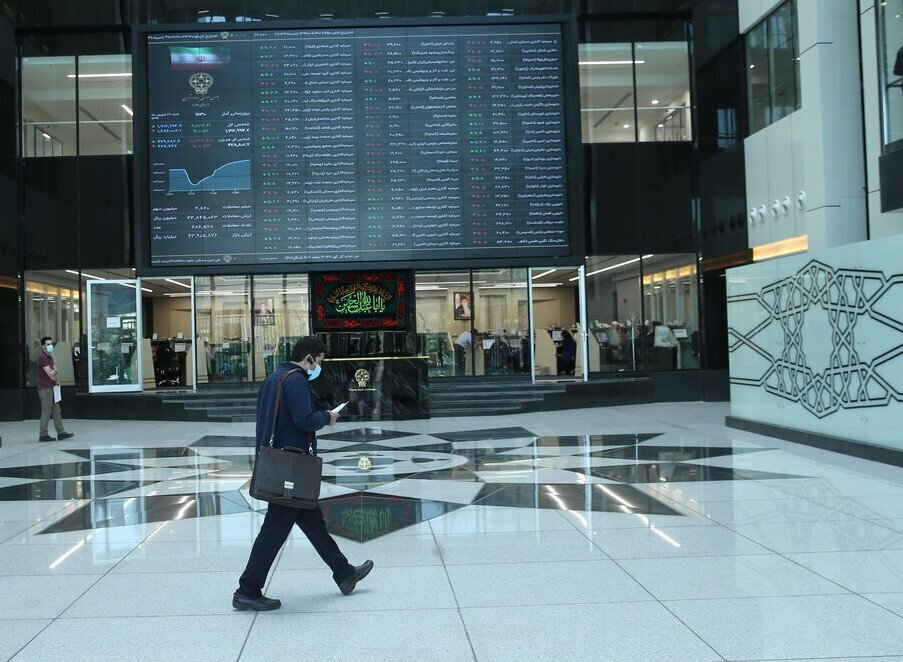Budget bill shows promising signs for capital market: expert

TEHRAN – A capital market analyst believes the national budget bill for the next Iranian calendar year (begins on March 21, 2022) indicates that the government has a more positive view on the market for the upcoming year, IRNA reported.
According to Peyman Hadadi, the allocation of a separate budget for the Capital Market Development and Stabilization Fund shows that the government is taking the necessary measures to provide stronger support for the market and to ensure its growth in the future.
“The allocation of a budget line for the Capital Market Development and Stabilization Fund is considered one of the most important points of the [Iranian calendar year] 1401 budget bill,” Hadadi said.
The expert also pointed to the imposition of tax on rival markets including the housing market as another important and influential change in the next budget bill and said: “Taxation of luxury cars and expensive housing, along with taxation of bank deposits of legal entities, is also one of the important issues that should be appreciated about the budget bill.”
He also mentioned the elimination of subsidized foreign currency allocations and noted that this would create huge changes in the market and will be the starting point for some positive progress in some industries active in the market.
The elimination of subsidies on foreign currency is not only beneficial for the country's macro-economy but also has a positive effect on the capital market transactions, the analyst said.
He further pointed to the reduction of taxes on manufacturing companies and added: "The important action of the government in reducing the tax on production units from 25 percent to 20 percent will largely offset the increase in energy costs."
Over the past 15 months, continuous fluctuations in the Iranian stock market have led shareholders, experts, and scholars to believe that the government should not interfere in the stock market, saying the government's pre-ordered and unrealistic pricing of some state-owned shares is the main reason for the capital market’s current downward trend.
In mid-November, Head of Iran’s Securities and Exchange Organization (SEO) Majid Eshqi said the government was following new strategies to improve the capital market in the long term.
“The government's policy, in the long run, is to avoid pre-ordered pricing. This policy has been repeatedly stressed by the president and the government's economic team and has been placed on the government's agenda,” Eshqi said.
EF/MA
